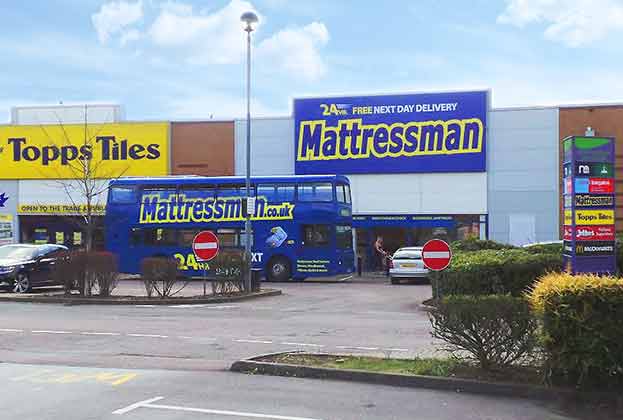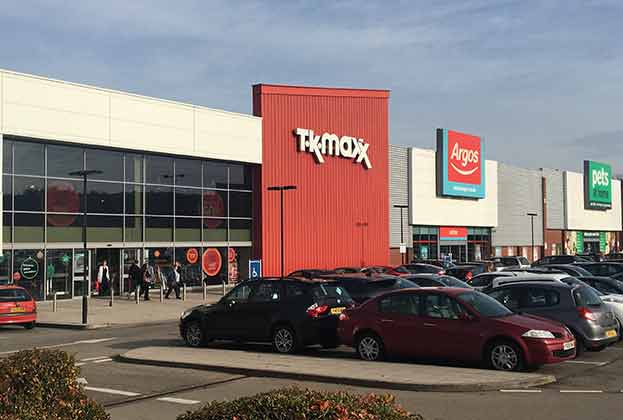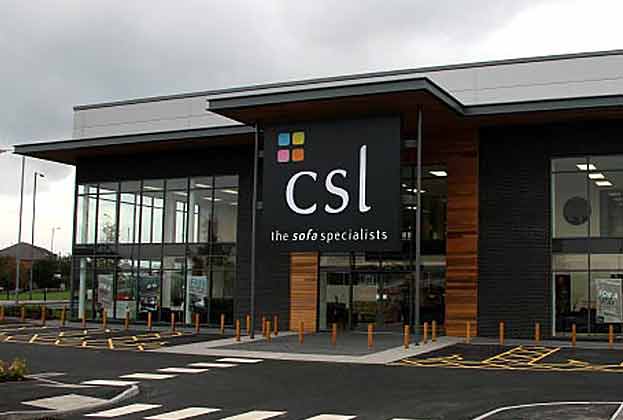The outlook for the rest of 2020 will depend on unemployment, consumer confidence and precautionary saving levels
There is no doubt that the UK economy, in common with most of those across the world, is in recession. As ever, the next question is how quickly we will come out of this, and how long it will take to get back to normal levels of GDP and retail sales growth.
Massive government intervention to stop people losing their jobs has undoubtedly helped to stop consumer confidence and retail sales plummeting to record lows. However, questions remain about what happens when furloughing and other support measures end.
At the start of May 2020 the consensus view of most economists around the UK was that Q2 was going to be the low point of the current cycle with a 13% quarter on quarter fall in GDP. Q3 and Q4 are then expected to show modest positive quarterly growth rates, though not at a rate that could be described as a V-shaped recovery.
GDP growth recovering from Q3 is definitely good news, but may not tell the whole story for the retail economy. Unemployment, which was at near record low levels at the end of last year, is only forecast to recover slowly over the next five years. Indeed, the consensus view at present is that it will not get back to its 2019 low level until 2025. Higher levels of unemployment will impact consumer confidence, savings ratios and ultimately retail spending.
Unemployment is only forecast to recover slowly over the next five years
Savills Research
In the short term there are likely to be several relief bounces in spending, as consumers treat themselves when they come out of lockdown, and possibly again when the leisure sector re-opens. This is a trend that we have seen in China over the last few weeks, and it seems possible that it could happen here.
Then comes the question of Christmas, and a number of retailers and retail analysts have suggested that the combination of some household savings that were made during lockdown with relief at being out of lockdown, could lead to a stronger than expected Christmas period in retail. While this will not compensate economically for the recession in the summer, it could be that the factor that supports a sharper recovery in Q4, even when some other factors suggest that the recovery should be slower than the collapse.
A strong Christmas would undoubtedly help retailers through this crisis, but significant questions still remain about the pace of economic recovery in 2021. Most notable for the UK are those around what happens when government support is removed and whether the Brexit transition period ends this year.
Read the articles within Spotlight: UK Retail Warehousing below.
.jpg)


